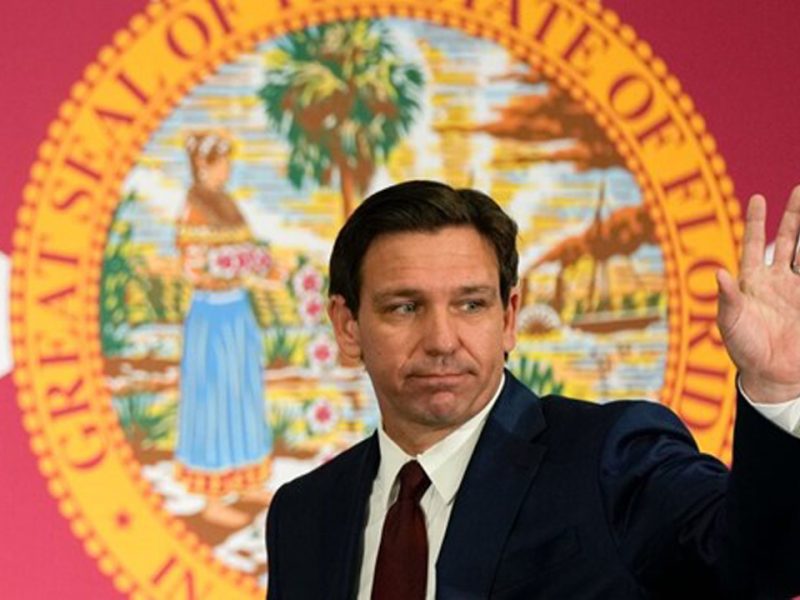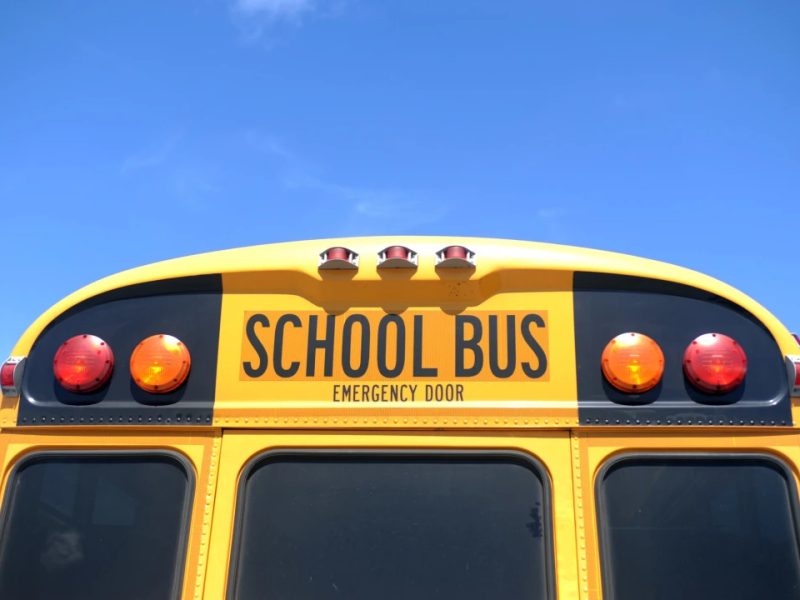Biden proposes $20B Title I funding increase for FY 2022
K-12 Dive | by Kara Arundel | April 12, 2021
Dive Brief:
- President Joe Biden is proposing a 40.8%year-over-year increase for the U.S. Department of Education’s fiscal year 2022 budget, including a “historic” $20 billion increase in Title I grants for high-poverty schools, according to budget documents released Friday.
- The $102.8 billion request for early childhood education, K-12 programs and higher education programs also asks for increases to special education programs, community school initiatives, student mental wellbeing supports, and a new $100 million grant program for school desegregation efforts.
- Biden’s desired discretionary funding priorities, which follow several emergency funding allocations in reaction to the coronavirus, are dependent upon Congressional approval. Biden plans to release a full appropriations proposal this spring, which will include spending goals for Medicaid and Social Security.
Dive Insight:
In Biden’s first formal annual appropriations request to Congress for nondiscretionary funding, key investments are centered on K-12 education, medical research, civil rights, climate change and more.
In an emailed statement, U.S. Secretary of Education Miguel Cardona said, “This discretionary funding request calls on Congress to provide hard-working educators the resources they need to address and close education inequity gaps, especially in underserved communities, and ensure all students have access to high-quality schools and mental-health services, build better career pathways, and make college more affordable.”
Among the early education and K-12 highlights in the proposal:
- Title I. The budget proposes a $36.5 billion investment in Title I grants, an increase of $20 billion from the 2021 enacted level. “This additional funding, the single largest year-over-year increase since the inception of the Title I program, would address long-standing funding disparities between under-resourced school districts and their wealthier counterparts, providing critical new support to both students and teachers,” the budget request said.
- Special education. Individuals with Disabilities Education Act grants that would support special education and related services for more than 7.5 million Pre-K-12 grade students would receive $15.5 billion, a $2.6 billion increase from the 2021 fiscal year. The spending proposal said it would be the first step in fully funding IDEA, which is 40% of the average per-pupil expenditure to serve students with disabilities. Additionally, the request also provides $732 million for early intervention services for infants and toddlers with disabilities or delays. The $250 million increase would help expand early intervention access to underserved young children, including children of color and children from low-income families.
- Student wellbeing and wraparound services. Biden’s White House wants to add $1 billion to help schools hire more counselors, nurses and mental health professionals. The proposal would also boost funding for community schools from $30 million to $443 million.
- Early childhood education and care. The Biden administration wants to expand access to quality, affordable child care for families by increasing the Child Care and Development Block Grant by $1.5 billion over the enacted level for fiscal 2021. The budget request also asks for $11.9 billion for Head Start, a $1.2 billion increase, which would help prepare more young children for kindergarten, the budget documents said.
School administrative groups voiced support for the spending targets. “In today’s announcement, President Biden has made clear his priority support for education investment; supporting schools in their work to be open; equity; and the hard work of ensuring all students have access to a high-quality public education,” said Daniel A. Domenech, executive director of AASA, The School Superintendents Association.
More details of the budget plan, including spending justifications, will be available when the full budget is released later this spring. The 2022 fiscal year begins Oct. 1 and ends Sept. 30, 2022.






